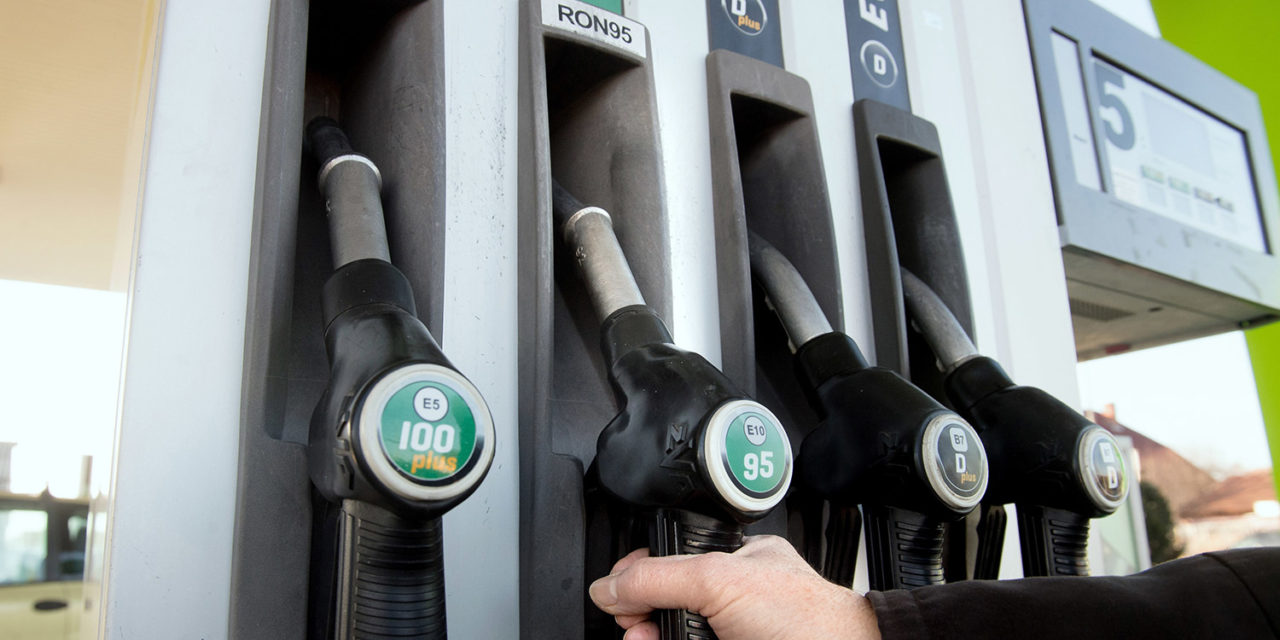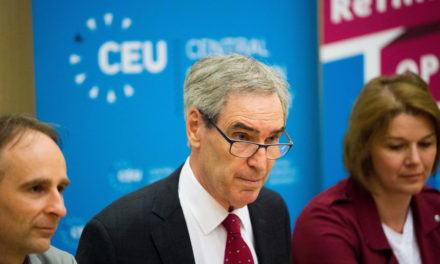From Monday, they cannot charge more than HUF 480 per liter at wells.
For three months, there will be no need to guess where the price of fuel will go, because from Monday, November 15, the price of gasoline and diesel per liter will be no more than HUF 480. This is made possible by a government decision, as a result of which not only does the population benefit directly, but also the rate of inflation is expected to subside somewhat.
As the price of petrol and diesel affects the operation of the economy and prices in general, the government has decided to set the price of these products at HUF 480 per liter for three months from Monday, November 15
Gergely Gulyás, the Minister in charge of the Prime Minister's Office, announced at the government briefing. He added: all this means that the price of diesel and 95-octane gasoline can be lower than HUF 480, but not higher. Any filling station that does not comply with the regulation can expect to be closed. At the end of the three months, the government will review the situation and, in the light of that, decide on the withdrawal or extension of the measure. Gergely Gulyás indicated that the price reduction does not affect the tax content of fuels, but the retail margin, and traders are not compensated. Please note: based on the regulations of the European Union, the government cannot even touch the excise tax. The minimum level is 36 euro cents, which means HUF 131, while the tax content of Hungarian fuels is HUF 120.
According to the minister, the government is confident that the move will also help the economy and partially contribute to reducing inflation.
The statement is based on the fact that the price of fuel not only affects the population in the retail segment, but also affects the costs of companies, including entire sectors. The effect of high fuel prices usually spills over into the final consumer price of products and services, meaning that the population ultimately pays for the price increase here as well, and inflation increases.
The average price of gasoline crossed the psychological limit of HUF 500 per liter on October 25, but by then, diesel users could have gotten used to the phenomenon, because diesel has been paying such a high price since October 11. The main reason for this is that the price of oil on the world market has reached a seven-year high, the price of Brent, the benchmark in our region, has risen by seventy percent since the beginning of the year, from fifty to $85.
The minister said that the decision was preceded by a study of fuel prices in the European Union. Based on this, the increase in prices occurred by leaps and bounds in one year (from an average level of HUF 366 at the beginning of the year), but even the current gasoline price is the sixth or seventh lowest in Hungary.
By now, reaching HUF 506, it produced a 38.3 percent increase in the average price of gasoline, while the rate of increase in the price of diesel fuel was just barely below that. Its price rose from HUF 391 at the beginning of the year to HUF 512, which means a 31 percent increase in price.
According to the minister, the price level of fuel is clearly lower in some of these countries (Romania, Bulgaria and Poland), while the price of petrol and diesel in Malta and Cyprus is roughly the same as in Hungary. The government investigated what tools the European Union member states have used so far, and whether they have used tools at all to keep fuel prices under control. Croatia intervened by setting a maximum price of HUF 550 for one month. This was the price experienced at the time of the measure, the Croatian government did not lower the ceiling.
By the way, the Hungarian government's measure did not come completely unexpectedly, if we consider the Prime Minister's words the other day. At the end of October, Viktor Orbán spoke in parliament about the fact that freezing fuel prices is a drastic step, but he did not rule out its possibility.
Source: Hungarian Nation
Photo: MTVA/Szilárd Koszticsák












